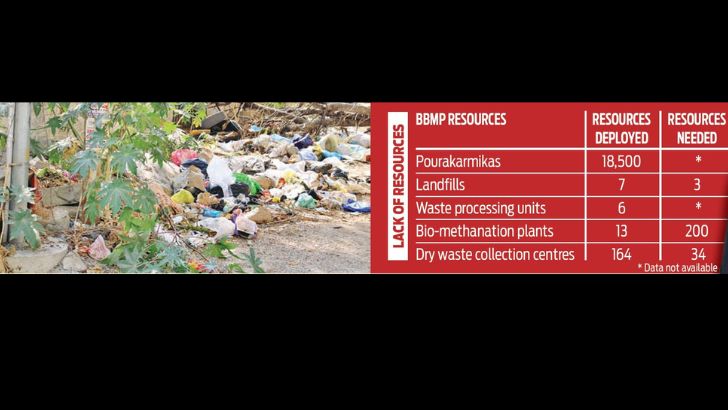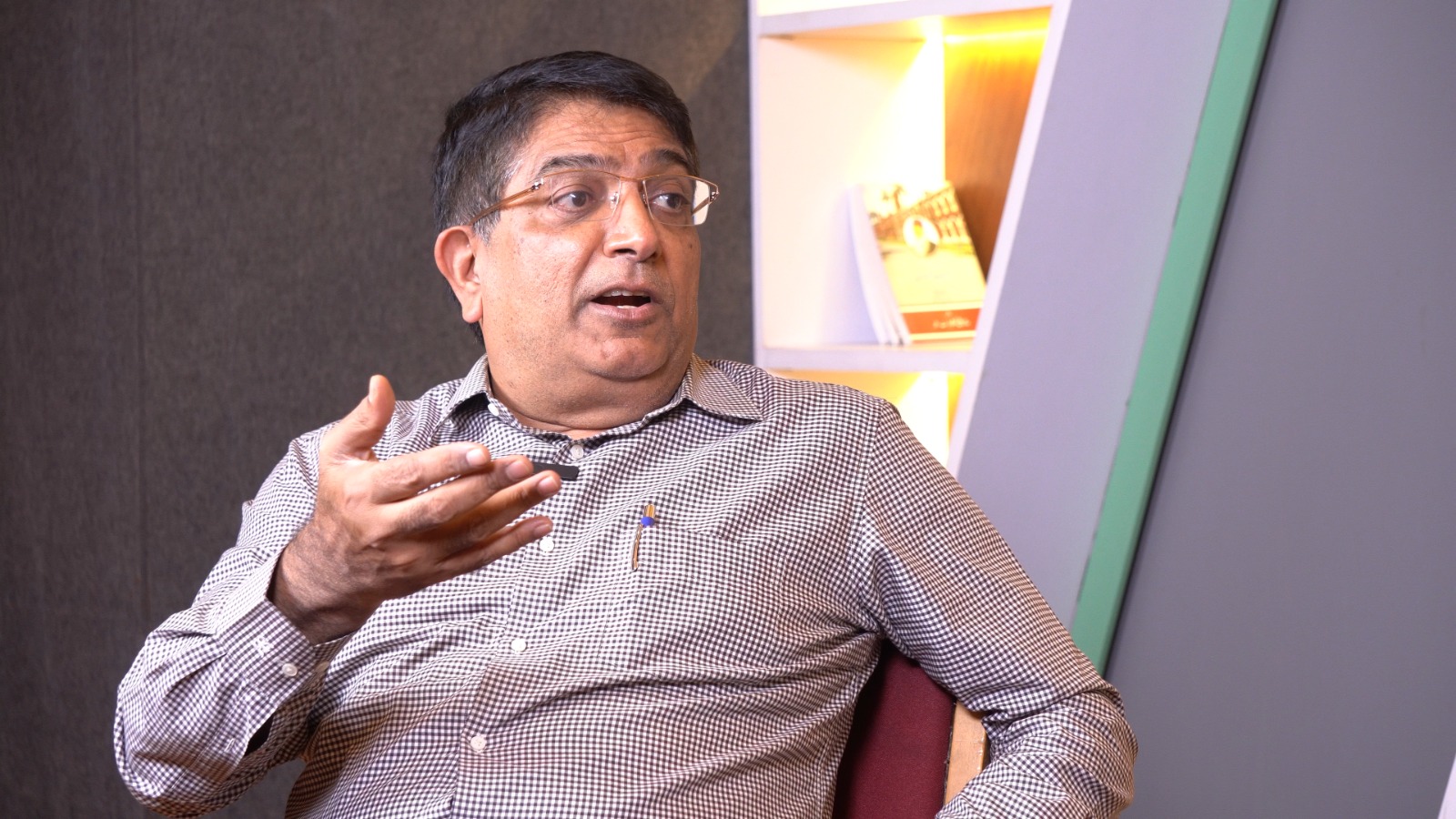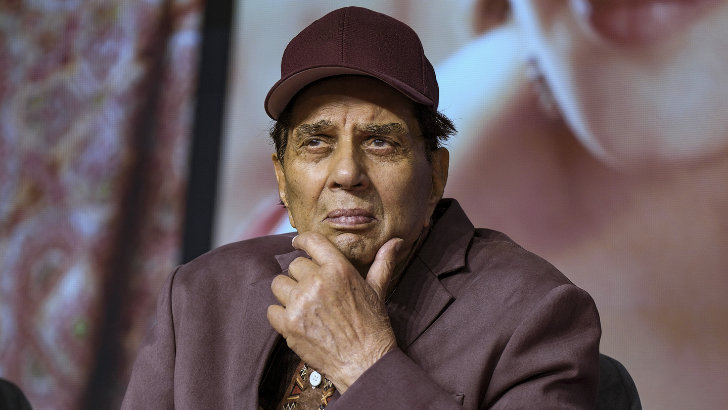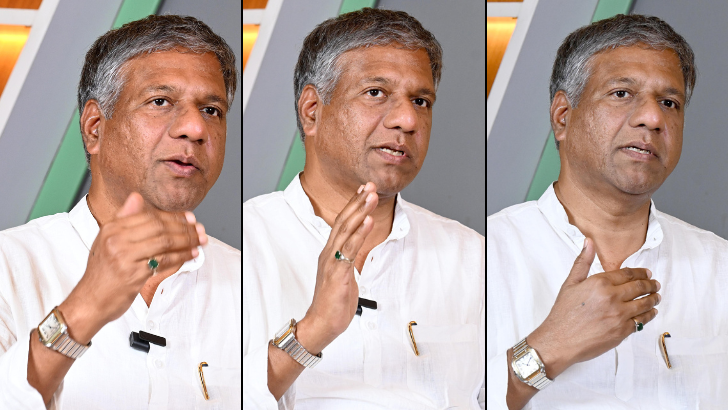Brand Bengaluru - A promise lost in unending garbage woes
Street corners have become dumping grounds, with trash spilling onto footpaths, drainage systems, and even near transformers
BENGALURU, 1 DEC
When the Congress government came into power in 2023, it promised to transform Bengaluru into a world-class city with its ambitious 'Brand Bengaluru', aiming to rival global metropolises like London. However, over a year later, the City grapples with a mounting garbage crisis. Street corners have become dumping grounds, with trash spilling onto footpaths, drainage systems, and even near transformers. Overflowing bins, littered streets and polluted lakes are common sights.
Bengaluru, with a population of 1.3
crore and home to 29 lakh households, generates over 6,000 tonnes of waste
daily—doubling during festive seasons. Less than 60 per cent is collected by
Bruhat Bengaluru Mahanagara Palike (BBMP) waste workers and only around 15 per
cent is processed, with the rest dumped into landfills. According to BBMP,
Bengaluru Urban alone produces 4,593 tonnes of waste daily but only 1,943.8
tonnes is processed.
Funds and efforts fall short
In 2022, the State allocated Rs 8,409 crore for waste management. However, BBMP
has struggled with poor planning and staff shortages.
BBMP employs 18,500 pourakarmikas, sanitation workers who are on the frontline
in waste management but overburdened. BBMP deploys one worker for every 700
residents, covering at least 550m in an eight-hour shift. Pourakarmikas say one
worker is needed for 500 residents.
Despite a fleet of 4,646 auto
tippers, 593 compactors and 27 mechanical sweepers, these efforts are
insufficient for the scale of waste generated.
Waste-processing units outdated
Bengaluru has seven landfills and
six waste-processing units, none of which have been upgraded to address City’s
growing garbage intake in a decade. Two of the landfills are out of use due to
legal issues and the City requires three more. There are just 13
bio-methanation plants, each with a 65-tonne processing capacity and a single
sanitary landfill with a 3,000-tonne capacity. In 2023, BBMP planned to install
200 bio-methanation plants but no progress has been made so far.
Speaking to Salar News, BBMP Chief Commissioner Tushar Girinath said these problems have been there for a long time due to various reasons and cannot be solved overnight. “The civic agency has to face tremendous challenges including unorganised neighbourhoods, poor accountability, budget constraints, lack of public awareness and lack of political will,” he said. —Salar News
Leave a Reply
Your email address will not be published. Required fields are marked *














.png)
.png)
.png)
.png)

.jpg)

